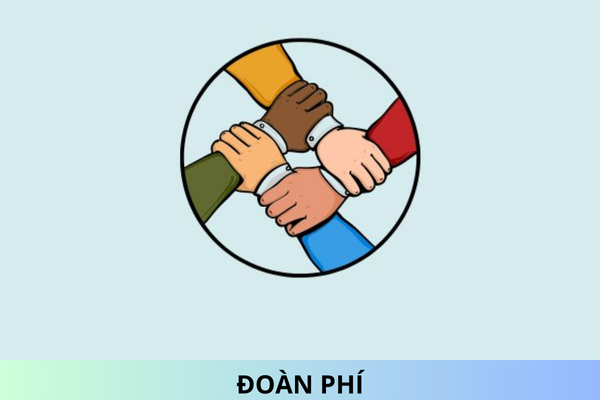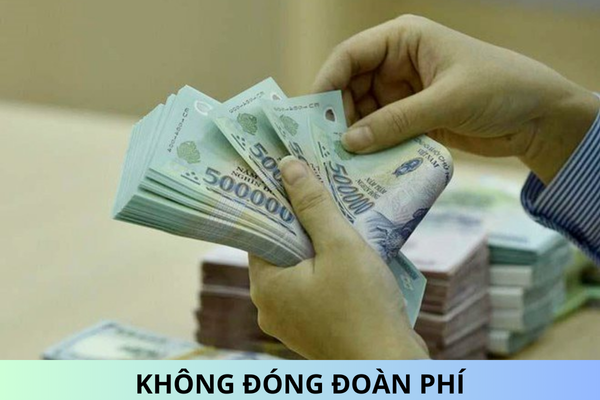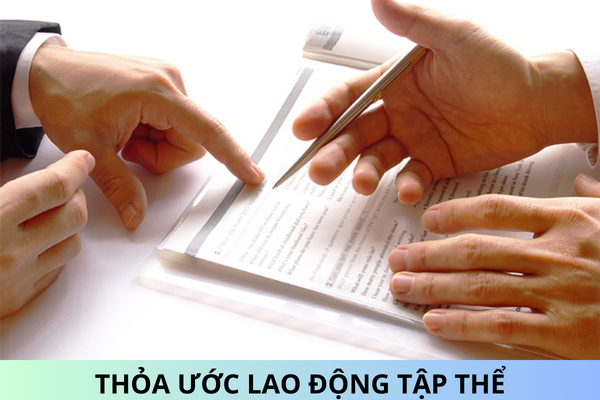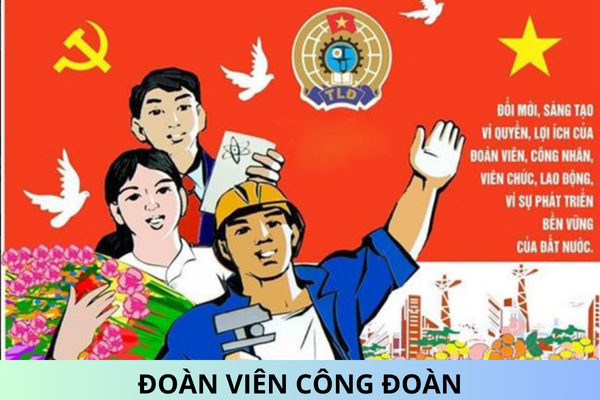Delegates of Trade Union Congresses at All Levels: When Can They Be Changed? What Is the Number of Official Delegates Attending the Trade Union Congress?
When Can Delegates of Trade Union Congresses Be Changed?
Based on Subsection d, Sub-item 6.6, Item 6, Instruction 03/HD-TLD in 2020, changes in delegates to trade union congresses at all levels are regulated in the following cases:
- The transition of alternate delegates to official delegates is decided by the executive committee of the trade union level convening the congress, upon the proposal of the subordinate trade union.
- If delegates have been elected, but there is a decision to split the trade union into several new trade unions, the trade union convening the congress can decide to elect additional delegates from the newly split trade unions without delegates (if the number of delegates does not reach the maximum according to regulations).
- If delegates have been elected, but due to the need for splitting or separating, the trade union is assigned to belong to a new higher-level trade union, the new higher-level trade union must convene the delegates from the newly transferred trade union and can increase the number of delegates convened compared to the plan.
- If delegates have been elected, but there is a decision to dissolve that trade union level, the elected delegates are no longer official delegates to attend the higher-level trade union congress.
- Changes in official delegates to the congress or conference must be reflected in the report of the credentials verification committee of the congress.
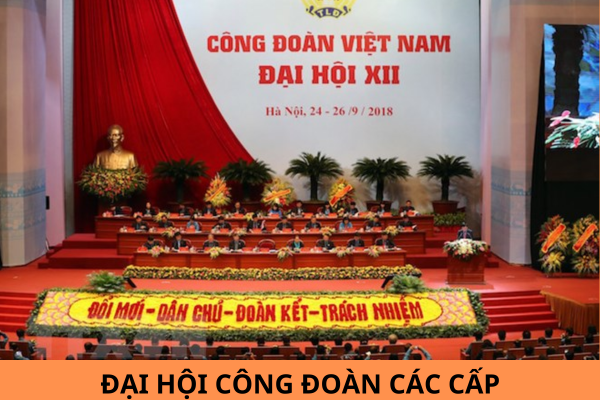
When can delegates of trade union congresses be changed? How many official delegates attend the trade union congress? (Image from the Internet)
How Many Official Delegates Attend the Trade Union Congress?
Based on Sub-item 6.5, Item 6, Instruction 03/HD-TLD in 2020, the number of official delegates attending the trade union congress is regulated as follows:
(1) Basic Trade Union Congress, Basic Federation of Trade Union Congress
- The basic trade union congress, basic federation of trade union congress convenes no more than 150 delegates;
- Basic trade unions and basic federations of trade unions with 5,000 members or more may convene no more than 200 delegates (except for basic trade unions and basic federations of trade unions permitted to hold a congress of all members).
(2) Higher-level Trade Union Congress Directly Overseeing the Basic Level
- The higher-level trade union congress directly overseeing the basic level convenes no more than 200 delegates.
- Where there are over 80,000 members or directly managing over 300 basic trade unions, the number can increase but must not exceed 300 delegates.
(3) Provincial, City Trade Union, Central Sector Trade Union Congress
- With fewer than 80,000 members: No more than 250 delegates.
- With 80,000 to fewer than 100,000 members: No more than 300 delegates.
- With 100,000 to 300,000 members: No more than 400 delegates.
- Over 300,000 members: No more than 500 delegates.
(4) General Corporation Trade Union Congress Belonging to the General Confederation
- No more than 300 delegates.
Note:
- The number of delegates convened to the Vietnam Trade Union Congress is decided by the General Confederation's Executive Committee.
- Do not convene a number of official delegates lower than half (1/2) of the stipulated number (except for the general corporation trade union congress belonging to the General Confederation).
- In cases where it is necessary to increase the number of official delegates beyond the regulation, it must be approved by the direct higher-level trade union, but not exceed 10%.
What Are the Duties and Powers of Trade Union Executive Committees at All Levels?
Based on Clause 7, Article 11, Charter of the Vietnam Trade Union (12th session) issued with Decision 174/QD-TLD in 2020, regulating the duties and powers of trade union executive committees at all levels:
Trade Union Executive Committees at All Levels
...
- Duties and powers of trade union executive committees at all levels
a. Represent and protect the legitimate and lawful rights and interests of members and laborers within the scope of their authority.
b. Organize the implementation of resolutions of the trade union congress at the same level.
c. Implement policies, resolutions, and regulations of the Communist Party and higher-level trade unions.
d. Direct, inspect, and guide the activities of subordinate trade unions.
...
The trade union executive committees at all levels have the following duties and powers:
- Represent and protect the legitimate and lawful rights and interests of members and laborers within the scope of their authority.
- Organize the implementation of resolutions of the trade union congress at the same level.
- Implement policies, resolutions, and regulations of the Communist Party and higher-level trade unions.
- Direct, inspect, and guide the activities of subordinate trade unions.
- Decide on the establishment, merger, division, separation, consolidation, dissolution, upgrading, downgrading of subordinate trade unions; recognize the executive committees of subordinate trade unions.
- Elect the Presidium (for the General Confederation's Executive Committee), elect the standing committee (for the trade union executive committees with 09 members or more); elect positions in the executive committee, inspection committee, and head of the inspection committee of the same level trade union.
- Train, foster, and facilitate the activities of trade union officials.
- Guide, support, and protect trade union officials when their legal and rightful rights and interests are infringed upon.
- The higher-level trade union executive committee represents, supports, and assists the basic trade union executive committee in collective bargaining.
- Exercise the right to organize and lead strikes according to the law.
- Organize questioning sessions and answer questions from trade union officials and members at the executive committee meetings.
- Periodically report the organizational and operational situation of the trade union at the same level to the party committee at the same level (if any), to the higher-level trade union, and inform the subordinate trade union.
- Manage finances, assets, and economic activities of the trade union according to state regulations.
See the list of recently updated articles:>>>
Do probationary civil servants get paid? How long is the probation period?
Do male workers whose wives give birth receive benefits? What is the level of benefit?
What documents are included in the application for a house construction permit?

